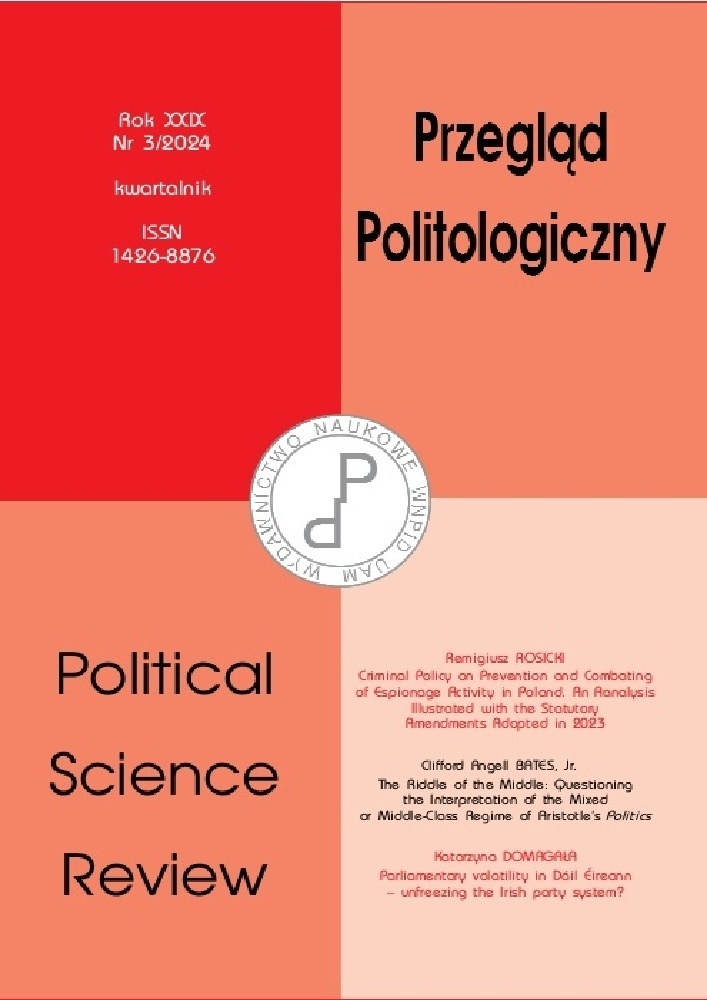Abstract
The conflict in Cyprus remains unresolved in the realm of international conflict resolution. Following Turkey’s military intervention and the establishment of the Turkish Republic of Northern Cyprus (TRNC), the international community, particularly the European Union, implemented isolation and embargo measures against the TRNC. These policies have persisted for over 40 years, causing the Turkish Cypriot community to live under isolation. Only Turkey recognizes Northern Cyprus as an independent nation, and since its declaration in 1983. Many international institutions, such as the Universal Postal Union, the International Civil Aviation Organization, and the International Air Transport Association, refuse to engage with the Turkish Cypriot community. Exports and flights from Northern Cyprus are dependent on Turkey, and direct international flights are banned. Additionally, Turkish Cypriots encounter embargoes in sports and cultural fields, where they are prohibited from playing in international matches or competitions, and some international musicians’ concerts in Northern Cyprus have been canceled. This study aims to explore the impact of the isolation and embargo policies enforced after the 1974 intervention on Northern Cyprus and peace negotiations. It argues that the isolation policies target the community rather then political actors and these long-term strict isolation is not good for any actor in the region.
References
Arık U. (2011), Cyprus, Turkey And Europe: A Tale of Double Standards, in: M. Hasgüler, O. Şafaklı, & U. Özkaleli, Uluslararası İzolasyonlar (pp. 181–195), Alfa Basım Yayım, Lefkoşa.
Benedict R. (1934), Patterns Of Culture, Houghton Mifflin, Boston.
Birleşmiş Milletler Anlaşması (2023, 02.13), inhak.adalet.gov.tr: https://inhak.adalet.gov.tr/Resimler/SayfaDokuman/2212020141836bm_01.pdf.
Coppieters B., Sakwa R. (2003), Contextualizing Secession: Normative Studies in Comparative Perspective, Oxford University Press, London–Oxford. DOI: https://doi.org/10.1093/0199258716.001.0001
Evre B. (2011), Karşılaştırmalı Perspektifle Kıbrıs Türk Toplumunda Ayrılıkçılık ve İzolasyonlar, in: M. Hasgüler, O. Şafaklı, M. Özkaleli, Uluslararası İzolasyonlar (pp. 140–157), Alfa Basım Yayım, Lefkoşa.
Fisunoğlu M. (2011), Uluslararası İzolasyonlar ve KKTC Ekonomisi Üzerindeki Etkilerine Bir Yaklaşım, in: M. Hasgüler, O. Şafaklı, U. Özkaleli, Uluslararası İzolasyonlar (pp. 236–243), Alfa Basım Yayım, Lefkoşa.
Geertz C. (1973), The Interpretation of Cultures: Selected Essays, Basic Books, New York.
Geldenhuys D. (1990), Isolated States: A Comparative Analysis, Cambridge University Press, Cambridge.
Ioannides I., Latif D. (2023, 02.01), Exogenous factors underpinning the Cyprus problem: shifting political and societal ramifications, CENTRE FOR APPLIED TURKEY STUDIES (CATS), Berlin.
KKTC Turizm Planlama Dairesi Planlama, İstatistik ve Araştırma Şubesi (2023), Turizm İstatistikleri 2022, KKTC Turizm Bakanlığı, Lefkoşa.
Latif D. (2021, 05.22), Beyond secular? AKP’s religious policies and societal polarization, “Turkish Studies”, pp. 801–823.
Mallinson W. (2008), Cyprus: A Modern History, I. B. Tauris, London. DOI: https://doi.org/10.5040/9780755618866
Marcus C., Marcus G. G. (1986), Writing Culture: The Poetics and Politics of Ethnography, University of California Press, Berkeley.
Marsh R. (2002), National Identity and Ethnicity in Taiwan, “Memories of the Future”, pp. 144–160.
NTV (2013, 11.05), Kıbrıs’ta ‘futbol’da birleşme için ilk adım, İstanbul, Türkiye.
Oberling P. (1988), Bellapais’e Giden Yol, Genelkurmay Basınevi, Ankara.
Poyraz A. B. (2011), Kuzey Kıbrıs Türk Cumhuriyeti’ne Spor Alanında Uygulanan Uluslararası İzolasyonlar, in: M. Hasgüler, O. Şafaklı, U. Özkaleli, Uluslararası İzolasyonlar (pp. 334–340), Alfa Basım Yayım, Lefkoşa.
Sava A. (2022), Cyprus population up 9.2% in 10 years to total 918,100, Cyprus-mail.com, https://cyprus-mail.com/2022/05/18/cyprus-population-up-9-2-in-10-years-to-total-918100/.
The World Bank (2021), GDP per capita (current US$) – Cyprus, The World Bank, Washington DC.
Tylor E. B. (1871), Primitive Culture: Researches into the Development of Mythology, Philosophy, Religion, Art, and Custom, John Murray, London.
United Nations (1945), Charter, San Francisco.
VATAN (2010), Konserini iptal etti, İstanbul.
VOIS CYPRUS (2022), 2021/22 COMPREHENSIVE SURVEY REPORT Mapping International Students in the northern part, VOIS CYPRUS, Famagusta, Mapping International Students in the Northern Part.
Wisevoter (2024, 01.31), Countries That Recognize Taiwan, wisevoter.com, https://wisevoter.com/country-rankings/countries-that-recognize-taiwan/adresinden alındı.
Yetkin Ç. (1970), Siyasal İktidar Savaşa Karşı, Bilgi, Ankara.
YOBIS (2023, 02.13), KKTC Üniversiteleri 2021–2022 İstatistikleri, http://yobis.mebnet.net/, http://yobis.mebnet.net/download/6799d0b7-6de0-416a-be25-7297355bf8b8.
License
Copyright (c) 2024 Ramazan Safa

This work is licensed under a Creative Commons Attribution-ShareAlike 4.0 International License.

